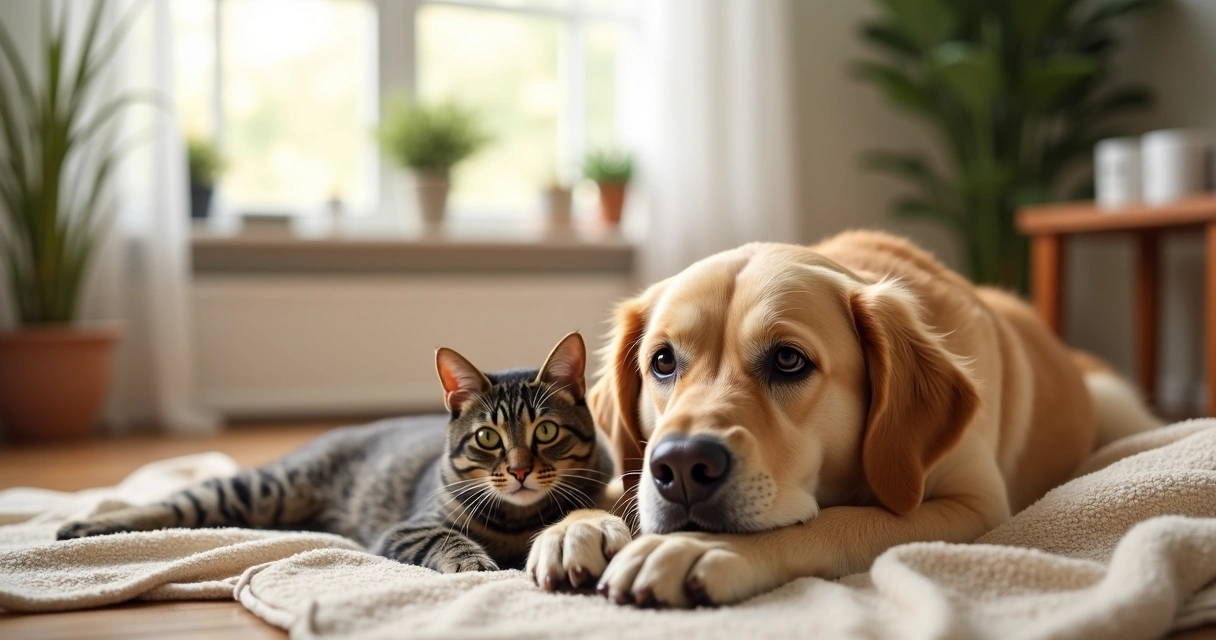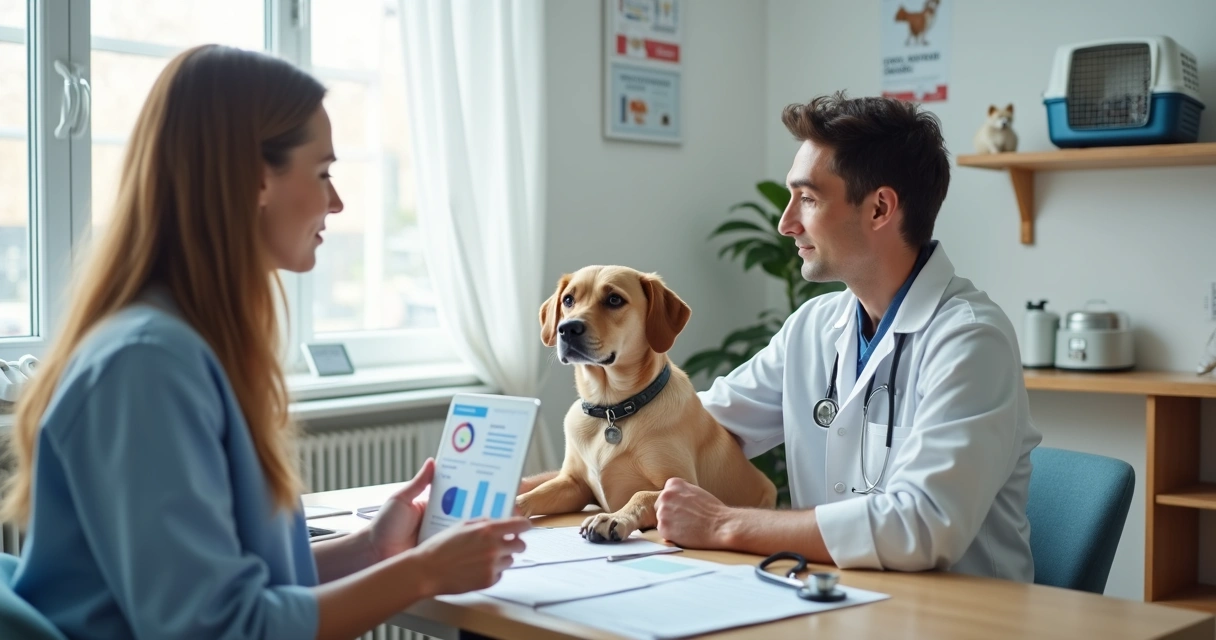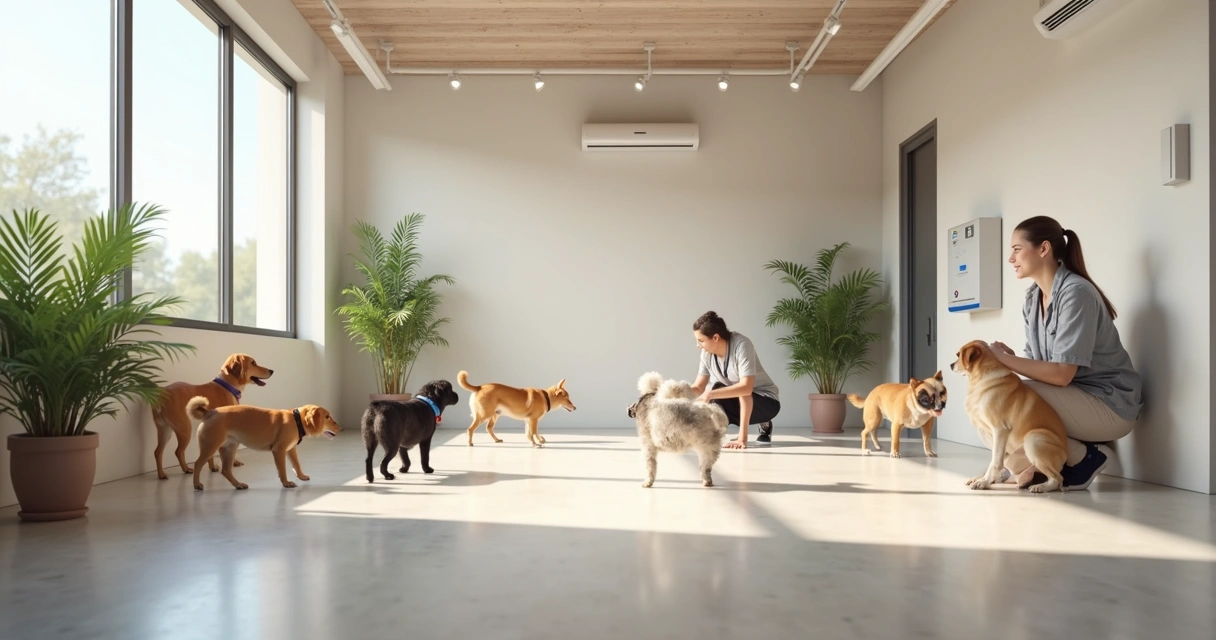As my own pets have aged, I’ve noticed how much their daily habits matter. Senior pets, especially those with special needs, rely on structure and predictability. Building the right routine isn’t just about feeding and walks—it’s about giving them comfort, dignity, and a sense of belonging. In Gloucester, MA, Dogtown has helped many pet owners like me craft daily plans that put older pets’ happiness and health first. Here’s how I approach a daily rhythm for my senior furry friends—and how services like dog daycare, boarding, and more at Dogtown can help too.
Why a routine is comfort for aging pets
In my experience, older pets thrive in a world where surprises are few and days roll out in a gentle pattern. Familiarity reduces anxiety, keeps minds sharper, and gives the body a chance to recharge and heal. For pets with mobility, sensory, or cognitive challenges, this constancy is even more comforting.
There’s science behind this too. Studies on retired assistance dogs highlight the need for predictable care and proper monitoring to prevent stress and keep them at their physical and emotional best (National Center for Biotechnology Information). I try to mimic this thoughtful, attentive care in every detail of our daily life together.
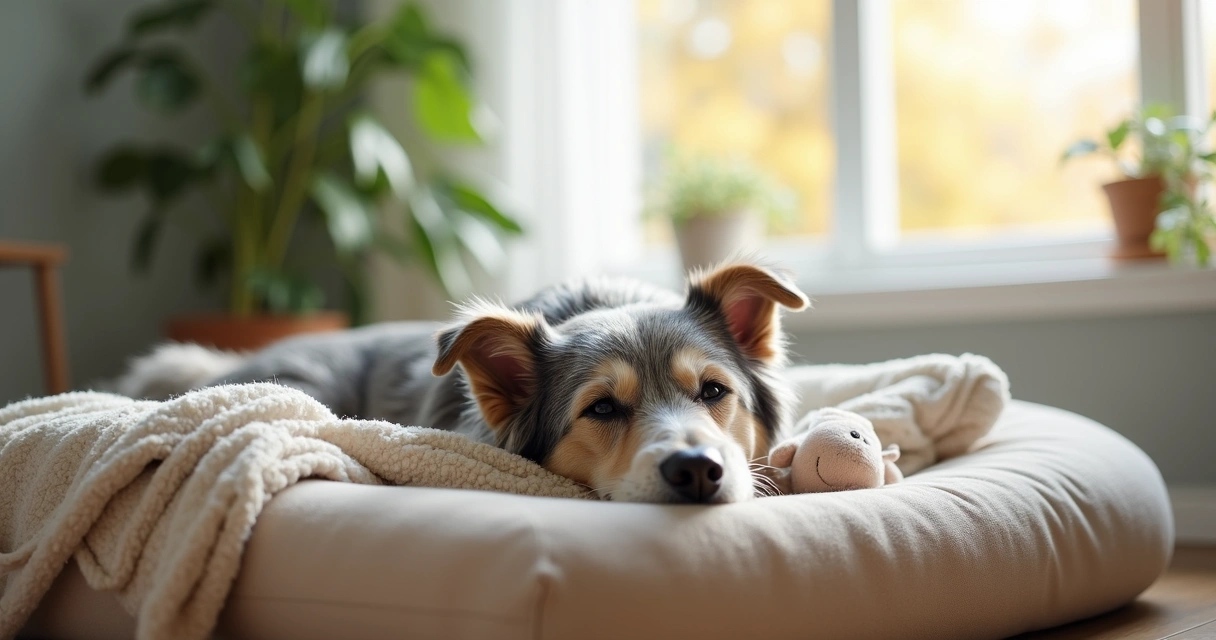
Step-by-step: Building a supportive daily routine
Everyone’s pet is unique, so there’s no single plan that works for all. Yet a few pillars make everything run smoother regardless of breed, age, or limitation.
Anchor the day with regular feeding times
Senior pets do best when meals come at the same time each day. Their digestion becomes gentler and routines can help manage weight or medication needs. In my own home, I set alarms for breakfast and dinner. If a pet has difficulty eating due to dental or swallowing issues, I mix in soft foods or warm the meals slightly—they seem to appreciate that.
- Keep water bowls fresh and easy to reach, particularly for pets who don’t see or move as well anymore.
- Multiple small meals can be helpful for those with chronic health problems.
Plan gentle activity, tailored to their body
I learned quickly that aging doesn’t mean stagnant. Movement keeps their joints loose and spirits lifted. Still, I adjust each walk and play session for how my pet feels that day. Sometimes a short stroll around the garden is enough; other days, a brisk ten-minute walk perks them up. The day camp and play options at Dogtown offer rich, supervised activity that makes my pets feel young again—something I’ve come to value a lot.
- Soft, non-slip surfaces help prevent falls in the house.
- Interactive toys that don’t require too much effort can keep their mind sharp.
Incorporate mental and sensory stimulation
Even when bodies slow, minds need challenge. I often rotate gentle toys and add a little scent (like lavender) for environmental interest. Short, positive training sessions—even just practicing old commands—can brighten their mood and stretch cognitive ability. Services like personalized training at Dogtown use positive reinforcement proven to help older pets stay engaged. Studies observed in the journal 'Frontiers in Psychology' even show educational routines with animals increase motivation and focus—these results are promising for special needs pets too.
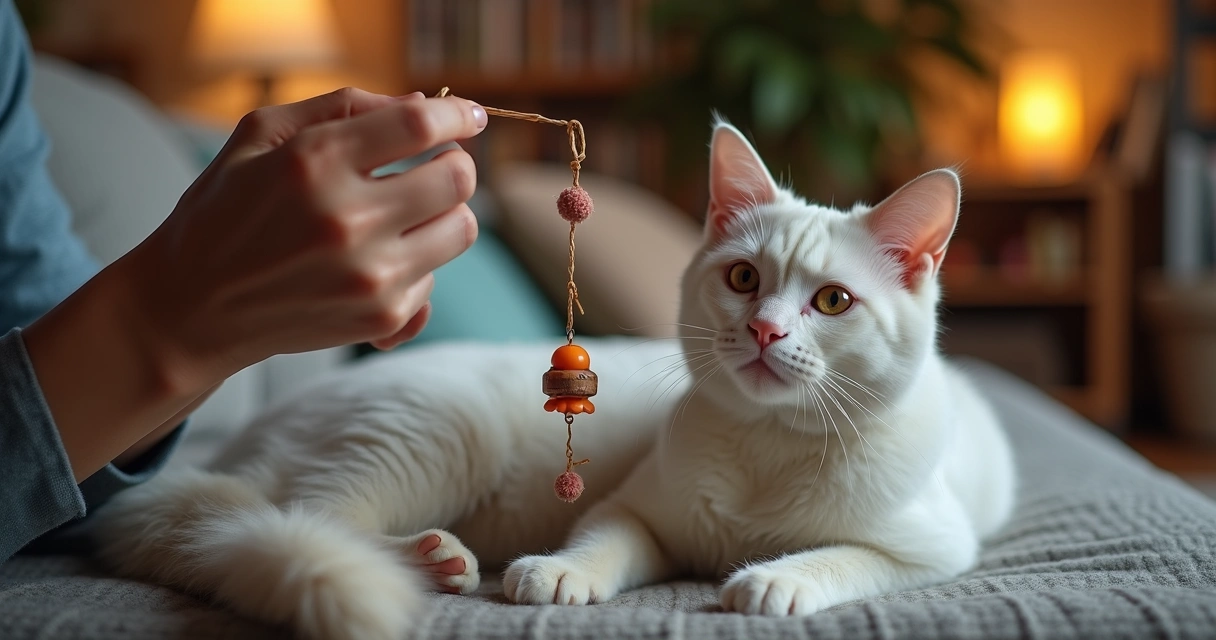
Grooming and self-care in the daily rhythm
Brushing, nail trimming, and moisturizing make my pets feel cared for and also prevent medical issues like skin infections or painful mats. Scheduling these during calm points in the day—instead of right after a meal or vigorous play—helps everyone relax. The grooming services at Dogtown have taught me how to work at my pet’s pace, respecting their limits.
Prioritize rest and cozy, quiet time
I can’t stress enough: senior pets need more naps, warmth, and quiet than before. I set up cozy beds in the sun, offer blankets, and turn on soft music when they seem anxious. If you share your home with others, a sign or gentle reminder to leave pets undisturbed for midday naps works wonders.
Rest is healing. Don’t rush it.
- Keep sleeping spots away from noise, drafts, and household traffic.
- For blind or deaf pets, use bedding with a scent or texture they recognize.
Adapting routines for special needs
Every senior pet’s needs shift with time and health. I try to adjust our routine the moment I see changes—stiffness, confusion, or new medications. For pets with mobility limitations, wider walkways, ramps, and low-lipped litter boxes or food dishes help enormously. For cognitive issues, consistency and gentle reminders (like bells on your shoes for blind animals) matter even more.
If I sense frustration or sadness, I pause and try new approaches. Sometimes a quiet cuddle or a gentle massage is the best therapy. Support from knowledgeable staff at Dogtown has helped me pinpoint changes and adapt.
How professional support makes a difference
I can only do so much alone, and sometimes expert help is just what my senior pet needs. Dogtown’s free pre-enrollment assessments make it safe for older or special needs pets to join new group activities. When I’m away, their boarding options ensure my pets stick with their routine and get daily feedback. Even treatments like moisturizing or nail trims, which stress my pets at home, are smoother with skilled hands.
Professional guidance also helps when introducing a new pet to the household, reducing aggression and jealousy as studies from the National Center for Biotechnology Information explained. I often remind friends starting this journey to check in with facilities trained to handle aging and special needs animals.
Expert support gives both pets and owners peace of mind.
Bringing joy to every day
This all sounds serious, but in the end, building a routine is about finding daily joy. The “small things” aren’t so small: a sniff of fresh air, a gentle pet, a favorite blanket. I try to celebrate these moments. It’s not about perfection—just making their world a little brighter and easier, one gentle routine at a time.
And when I can, I use services from local teams like Dogtown. They make the difference between a hard, worry-filled day and one that feels full of hope. If you’re searching for more help, leap over to Dogtown in Gloucester, MA, and see how their daycare, boarding, training, or grooming services can support your senior pet’s routine long-term.
Ready to make your pet’s golden years their happiest years? Schedule a free assessment at Dogtown and discover what personalized daily care can do—not just for your animal, but for your whole family.
Frequently asked questions
How do I start a routine for senior pets?
I start small: set regular meal times, add short gentle walks, and make sure water is always available. Build in quiet time and adjust the routine with your pet’s daily mood and mobility. Keep it simple and grow at your pet’s pace.
What are the best activities for special needs pets?
Soft play with gentle toys, slow walks, and sensory games work well. I also include easy training sessions to keep their minds active. Supervised group activities like those offered at Dogtown’s day camp can give social and emotional boosts without overstimulation.
How often should senior pets eat?
Most older pets do best with two to three small meals daily. If they have medical needs or trouble digesting large meals, split food into even smaller portions across the day. I always make meal times fixed so they know what to expect.
What helps senior pets feel comfortable?
Familiar routines, soft bedding, and a quiet safe space make the biggest difference for comfort. Regular gentle grooming and lots of affection add reassurance and reduce stress.
How to adjust routines for health changes?
If I notice new stiffness, confusion, or appetite loss, I slow things down, offer more rest, or consult a vet. Sometimes I add ramps, softer food, or new toys to adapt. Working with professionals at places like Dogtown can help you change routines gently and safely when health shifts.


